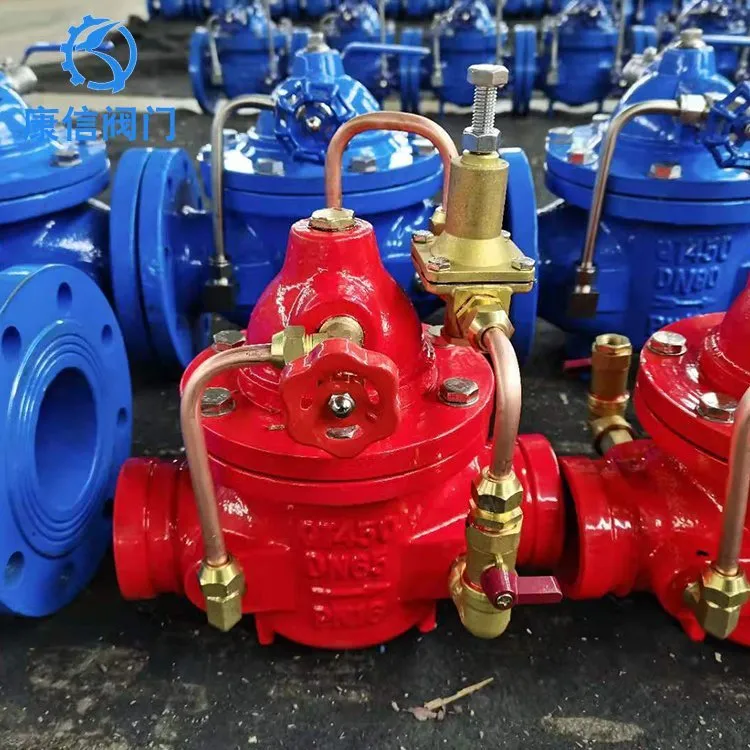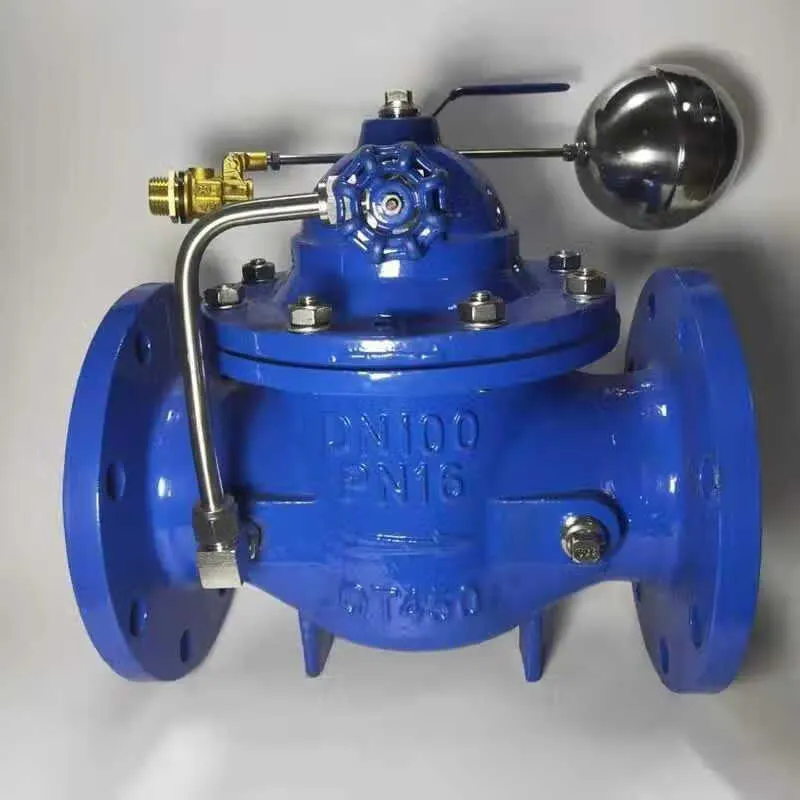jun . 06, 2025 10:54 Tilbake til listen
Future Trends in Valve Technology: Pioneering the Evolution of Valve Types
The realm of valves is on the brink of a transformative era, with groundbreaking advancements set to redefine the future of valve types. Driven by the imperatives of enhanced efficiency, reliability, and sustainability in industrial operations, these emerging trends promise to reshape how valves function and are integrated into various systems.

Smart and Connected Innovations for Valves
One of the most significant trends is the rise of smart and connected valves. These intelligent components are outfitted with sophisticated sensors and seamless communication capabilities. The sensors are capable of continuously monitoring crucial parameters like pressure, temperature, and flow velocity, and instantaneously transmitting this data to a centralized control hub. This real - time monitoring empowers operators to remotely oversee and fine - tune the valve operation, optimizing system performance and minimizing the reliance on manual intervention. In large - scale industrial facilities, smart valves can predict maintenance requirements in advance, averting potential breakdowns and reducing costly downtime.
Material Advancements Shaping Metal Valves
The exploration of advanced materials represents another pivotal trend. Manufacturers are relentlessly researching and developing novel alloys and composite materials to elevate the performance of metal valves. These new materials offer superior corrosion resistance, the ability to withstand higher temperatures, and increased mechanical strength. For example, the creation of superalloys with enhanced resistance to aggressive chemicals and extreme heat is revolutionizing the application of metal valves in the petrochemical and power generation sectors. Such materials not only extend the service life of metal valves but also enable them to operate with greater efficiency under arduous conditions.
Sustainable Solutions for Valves
With the growing global focus on sustainability, the development of energy - efficient and eco - friendly valves is gaining momentum. Innovative valve designs are being introduced to reduce energy consumption during operation. Valves featuring low - friction components require less energy to open and close, resulting in substantial energy savings in large - scale industrial processes. Moreover, there is an increasing effort to incorporate recycled materials in valve manufacturing and design valves that are easily recyclable at the end of their life cycle, contributing to a more circular economy.

Automation Integration with Valves
The integration of valves with automation systems is becoming increasingly prevalent, streamlining industrial processes significantly. Automated valves can be programmed to open and close based on pre - determined conditions, such as fluctuations in pressure or flow rate. When integrated with programmable logic controllers (PLCs) and other automation technologies, valves enhance the overall control and operational efficiency of industrial plants. In a refinery, for instance, valves integrated with an automated system can precisely regulate the flow of crude oil and its derivatives, ensuring smooth and efficient production.
FAQS about Valve
How will future trends impact the design of Valve Types?
Future trends will drive the development of valve types with enhanced functionality and performance. Smart technology will enable more precise control, while miniaturization will allow for their use in space - constrained applications. Additionally, sustainable design principles will lead to the creation of valve types that are more energy - efficient and environmentally friendly.

What role will sensors play in the future of Valves?
Sensors will be integral to the future of valves, enabling real - time monitoring of various parameters. This data will be used to optimize valve operation, predict maintenance needs, and improve overall system performance. The information gathered by sensors can also help in diagnosing potential issues before they escalate into major problems.
How can the use of advanced materials improve Metal Valves?
Advanced materials can endow metal valves with improved properties such as better corrosion resistance, higher temperature tolerance, and increased strength. This will extend the lifespan of metal valves, reduce the frequency of replacements, and allow them to operate more efficiently in challenging environments, ultimately saving costs and enhancing system reliability.
In what ways can sustainable Valves contribute to environmental protection?
Sustainable valves can contribute to environmental protection by reducing energy consumption during operation, thereby lowering greenhouse gas emissions. The use of recycled materials in their production and their recyclability at the end of life also minimize waste generation and the depletion of natural resources, promoting a more sustainable industrial ecosystem.
What are the benefits of integrating Valves with automation systems?
Integrating valves with automation systems offers several benefits, including improved process control, increased operational efficiency, and reduced human error. Automated valves can respond quickly to changing conditions, optimize flow rates, and ensure consistent performance, leading to enhanced productivity and reduced maintenance requirements in industrial settings.
-
Why the Right Angle Ruler Reigns in MetalworkingNyheterJul.21,2025
-
The Enduring Allure of Granite Boxes in Modern InteriorsNyheterJul.21,2025
-
The Digital Gauging Revolution: Reshaping Thread Rings Inspection's FutureNyheterJul.21,2025
-
How Modern Inspection Platforms Transcend Surface MeasurementNyheterJul.21,2025
-
How Customization Drives Wholesale Success in Parallel RulersNyheterJul.21,2025
-
Fortifying Permanent Steel Ground Anchors Against Corrosion's OnslaughtNyheterJul.21,2025
Relaterte produkter









